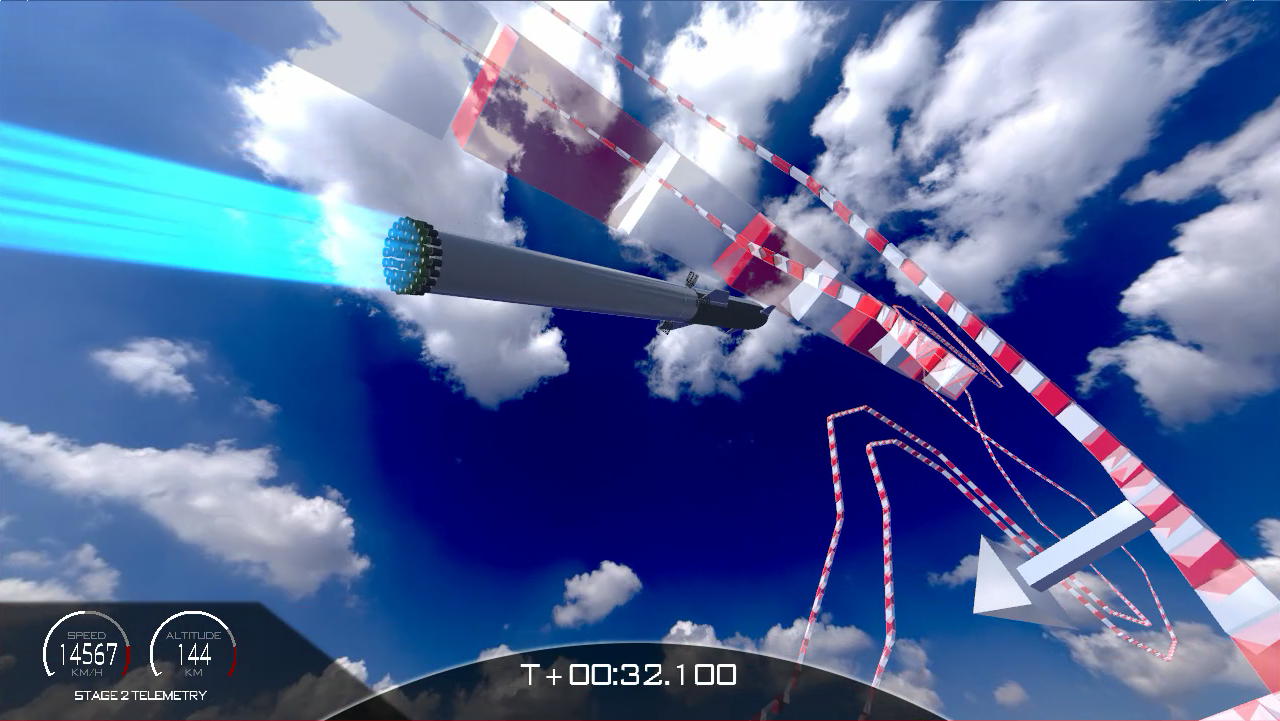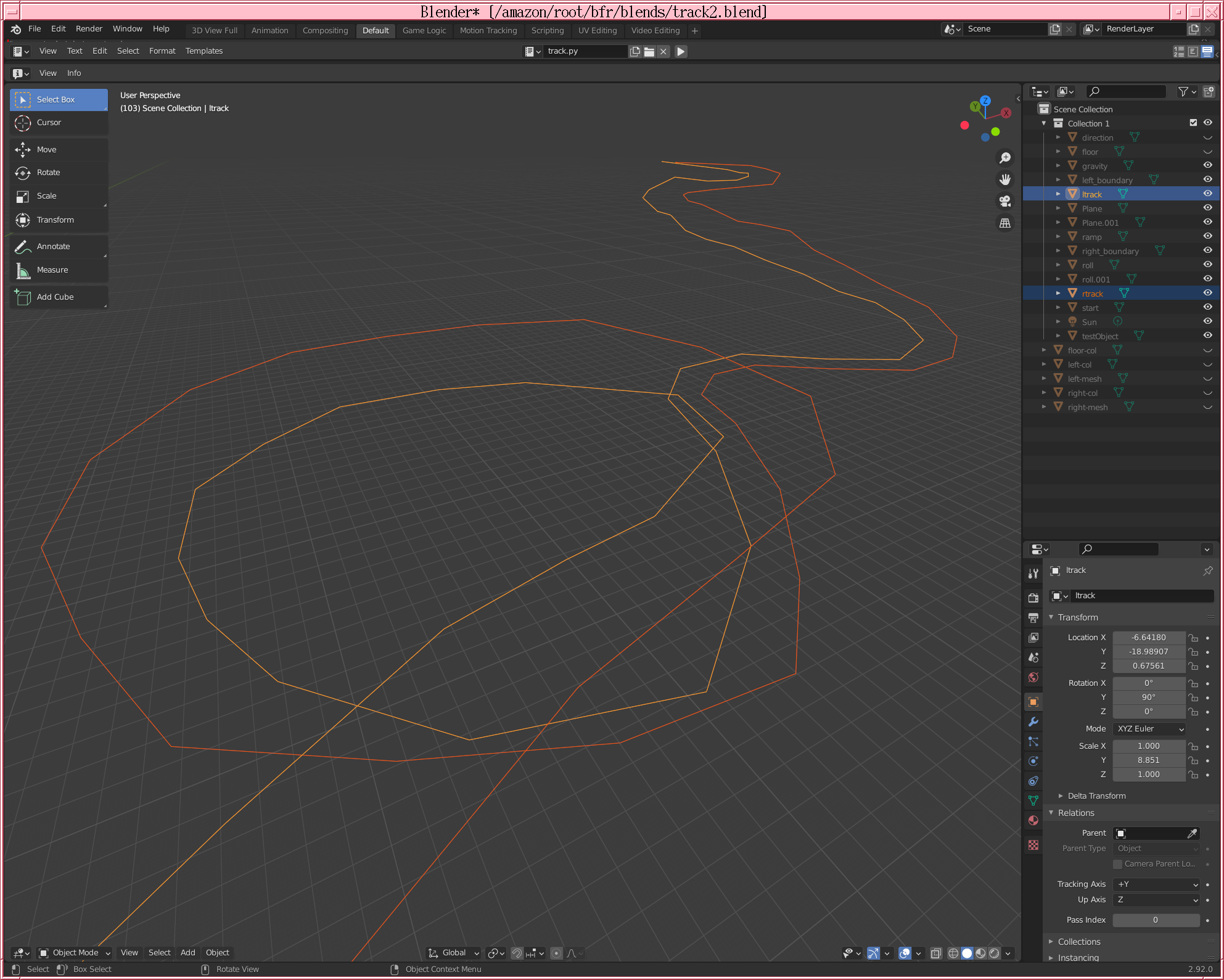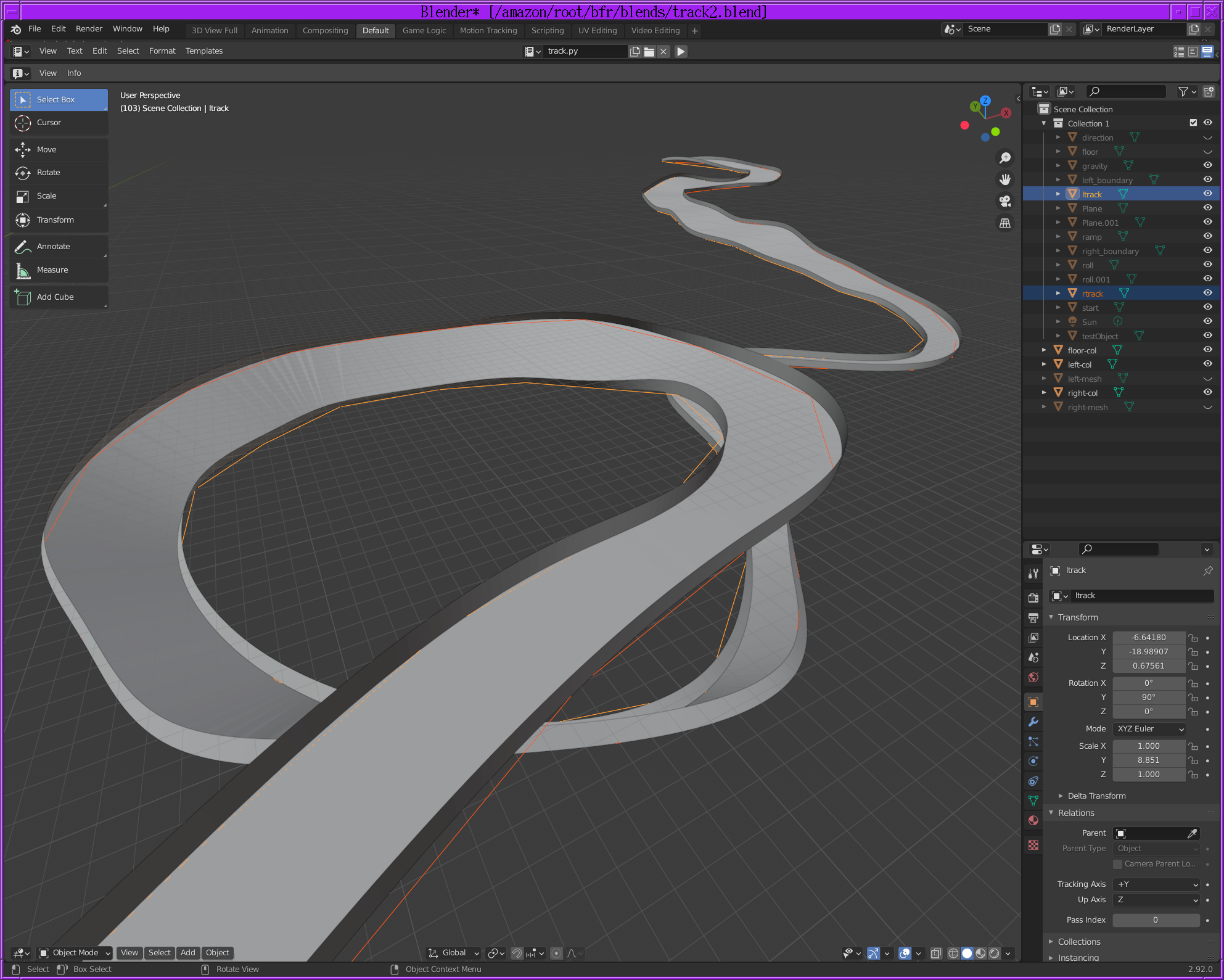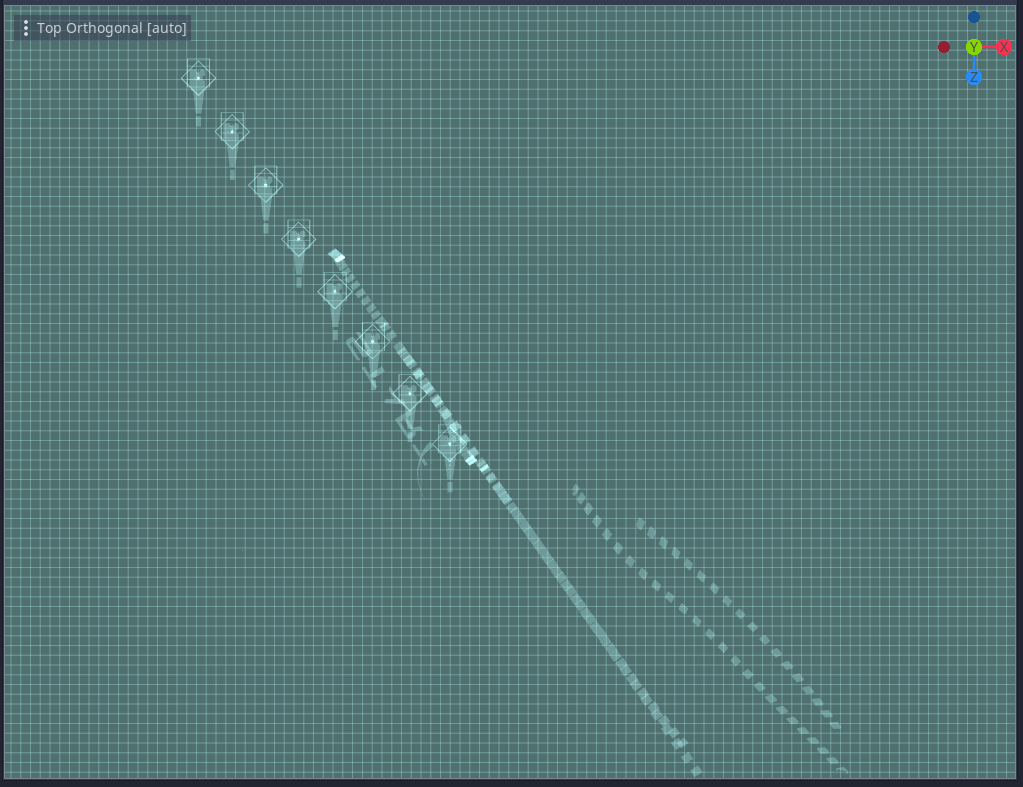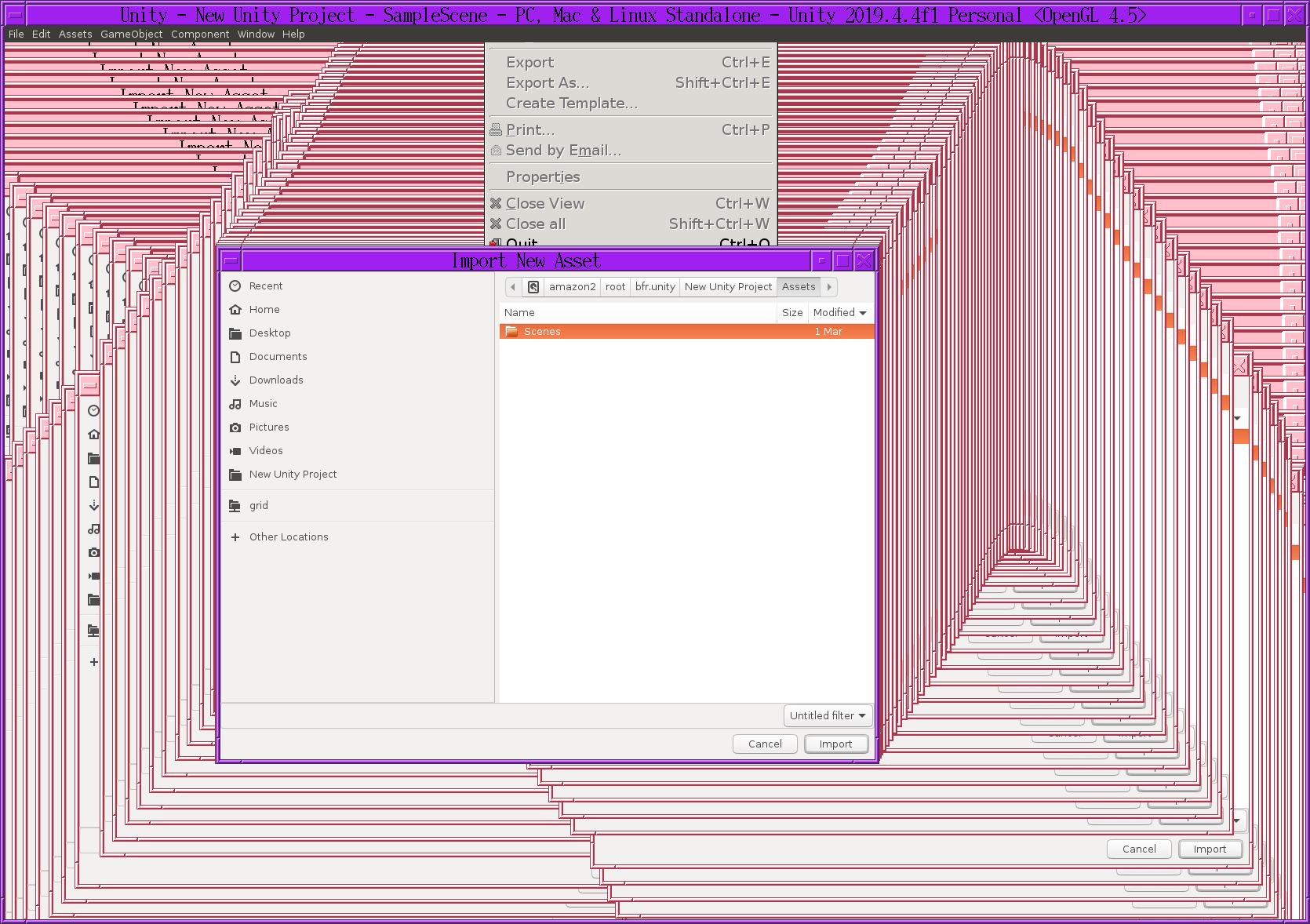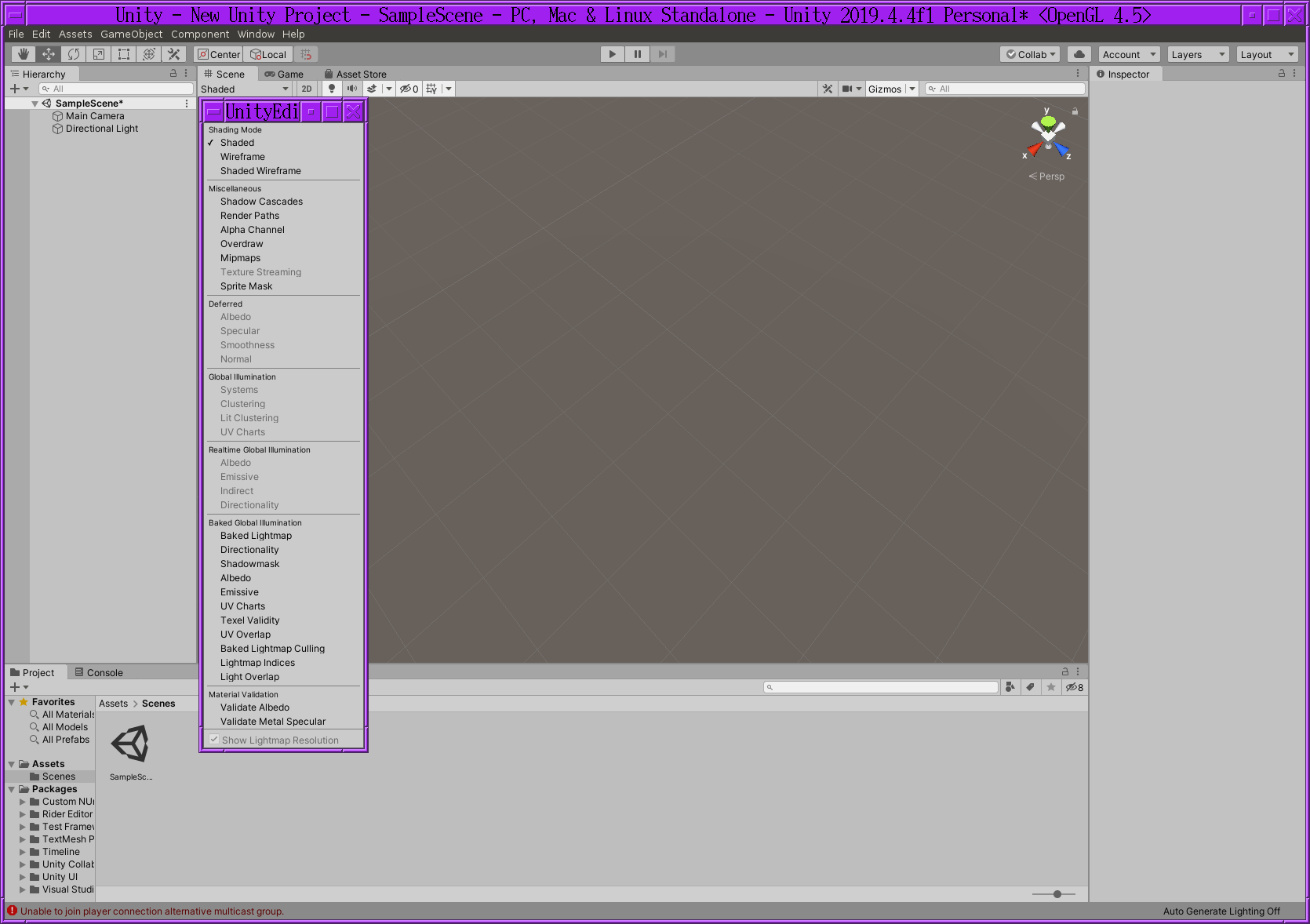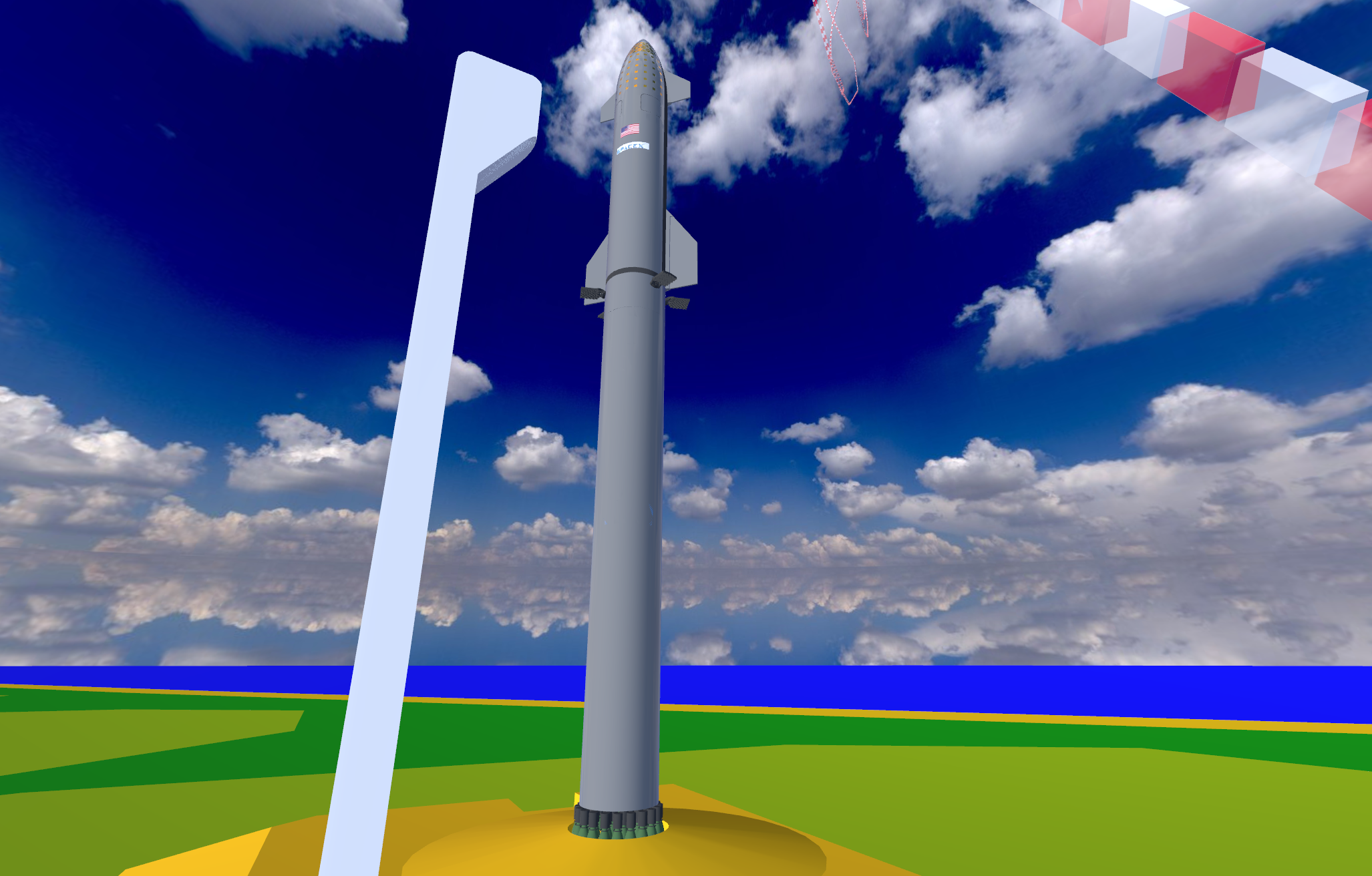The original idea was to make a racing game out of a full spaceflight simulator with orbital mechanics. Some development proved it would be a very slow & boring racing game because of the high velocity changes & precision involved in real orbital mechanics. Most of a real spaceship's life is spent coasting in an oval. Velocity changes take months. They have to aim for millionths of arc seconds. Time would have to be sped up & slowed down at various times. There would have to be a contrived race track with obstacles.
Because of the time warping required, a racing game based on a real spaceflight simulator would look like a yoyo, with the players quickly zipping around the solar system every few seconds. Instead of controlling XYZ position, the players would control inclination, major axis, minor axis, & phasing. Instead of turning a steering wheel to change direction, they turn the vehicle with prograde & retrograde engine burns. They'd position for gravity assists & aerobraking, multi year operations that would be sped up to only a few seconds for gameplay.
In the goofy world of highly sped up orbital mechanics, the big rocket with all its fins, engines, & windows is just a titillating detail rather than something whose design impacts the game. It would be more of a strategy game, without the appeal of arcade racing.
It was going to be a racing game no matter what, but to make it interesting, it would be a kind of "rail shooter". There's a track guiding the player through a 3D space, where player input is restricted to just left & right on the track. The track has jumps which allow some movement in 3 dimensions.
Modern games do a few other things to retain attention. They have a fuel gauge system. Each game consumes from the fuel gauge until players have to wait for it to refill. Once it's full, it stops filling until they play again. It's not about keeping them from playing as much as creating opportunity cost for not playing.
Finally, modern games have multiple rewards: credits, tokens, & cards. Credits are the easiest to get, determined by player ability, & create the least progress in the campaign. Cards are the hardest to get, are usually drawn randomly, & create the most progress in the campaign. You can't normally exchange 1 type of reward for another. The multiple reward system might be to allow a much wider range of difficulty than multiplying the price in credits by a billion. The campaign takes longer & keeps you engaged.
 lion mclionhead
lion mclionhead